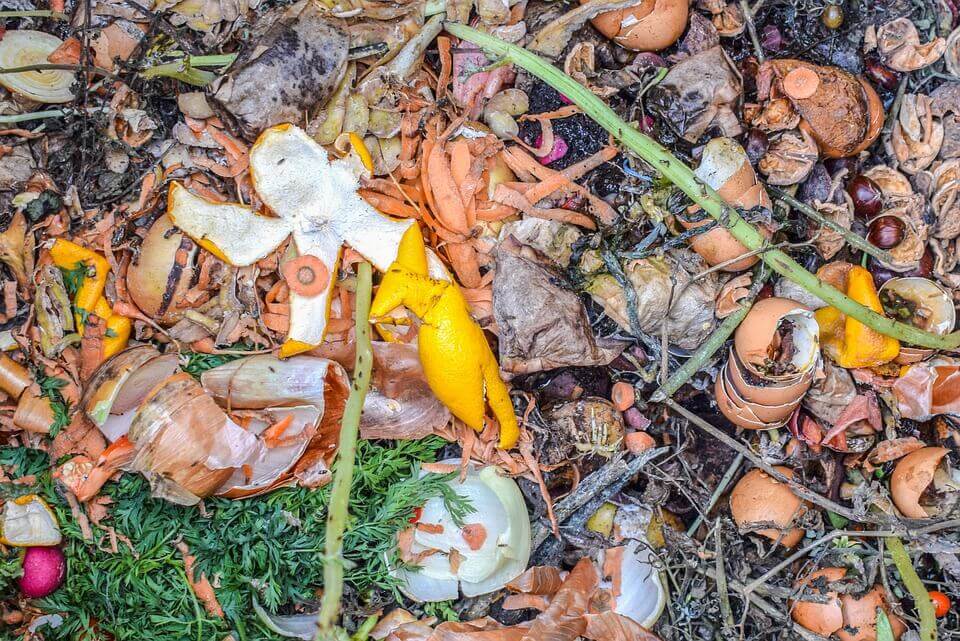Australia produces huge amounts of organic or food waste that not only comes from households, but also from offices. According to a report by the Department of Agriculture, Water and Environment, this type of waste is contributing to more than 5% of the country’s total greenhouse gas emissions each year.
For that reason, the government is encouraging households and businesses to do their part in helping address the problem. From using the right rubbish bins to installing a compost machine, there are many ways that you can apply to reduce organic waste.
Contents
Managing Organic Waste at the Office
As a business owner, it is one of your main responsibilities to make your processes environmentally friendly. Here are simple steps that go a long way in managing your food waste at the office.
Having the Right Rubbish Bins in Place
Just as you have plastic rubbish bins with lids, you should also have dedicated containers for your organic waste. This prevents biodegradable items from being tossed into the general trash along with non-biodegradables and ending up in landfills.
When placing your rubbish bins, you should locate them in highly accessible spots. Otherwise, busy workers may find it inconvenient to go where they should throw their food scraps.
Labelling will also serve as a guide to ensure each of your waste items goes into the right bin.
Composting
This waste management procedure does not only make your business socially and environmentally responsible, but it also helps reduce your garbage collection expenses, boost morale amongst your employees, and encourage healthy practices at the office.
If your city does not have the policy to collect compostable waste and do the composting themselves, then you can always use a compost machine of your own. However, you should make sure that everyone in your organisation is aware of such a system and is on board in implementing it.
Types of Compost Machines That You Can Choose From
The best type of compost machine should fit your waste management requirements. Here are options available on the market today:
Stationary composter
This is the most common type of compost machine that most people are familiar with. It allows you to add food scraps to its top opening, and after a few months, the waste will turn to soil. However, there are stationary composters with a built-in aeration system for a quicker composting process.
Digester
A food waste digester has a lower basket connected to the ground and accumulates microorganisms that help digest food waste and other biodegradable materials. It is convenient to use as you do not have to empty the unit as, basically, it digests what you put in it.
Countertop food waste processor
If you do not have outdoor space, then this food scraps compost bin could be your best option. But technically speaking, it does not compost waste. Instead, it functions by chopping, grinding, and dehydrating the waste materials to turn them into fertiliser.
This is also a good option for composting during the winter season.
Tumbler
This machine comes with rotating chambers that allow its users to easily add and empty compost material. Basically, it has one chamber that you can use to process one batch of compost and another where you can add new material.
Worm composter
As the name suggests, this type of compost machine harnesses the power of worms to convert your food waste into fertiliser that is rich in nutrients. It is ideal if you have a garden on your premises.
Reducing Food Waste
Aside from using rubbish bins and composting, you just have to reduce the amount of organic waste you produce at the office. You can start by stocking up and serving just the right amount of food for your employees. You can also encourage the habit of avoiding leftovers. For example, your employees could share their food if possible or bring the remaining food that they can still consume in reusable containers.
If you have a cafeteria, then you need to have a more refined, proactive waste-reduction policy to make sure your goals are still met.
Conclusion
Offices produce a large amount of organic food waste. Unfortunately, when this form of waste goes to the landfills, along with other waste products, it will rot and produce methane gas, which is not only harmful to the environment but is also hazardous to the people living in nearby communities.
Now, by doing your part in managing organic waste at the office and spreading awareness, you will be able to help address a serious problem that the country is facing. Taking simple steps, such as those mentioned above, will definitely go a long way in doing just that.
For more information that you can use in making your business sustainable, browse our site!




